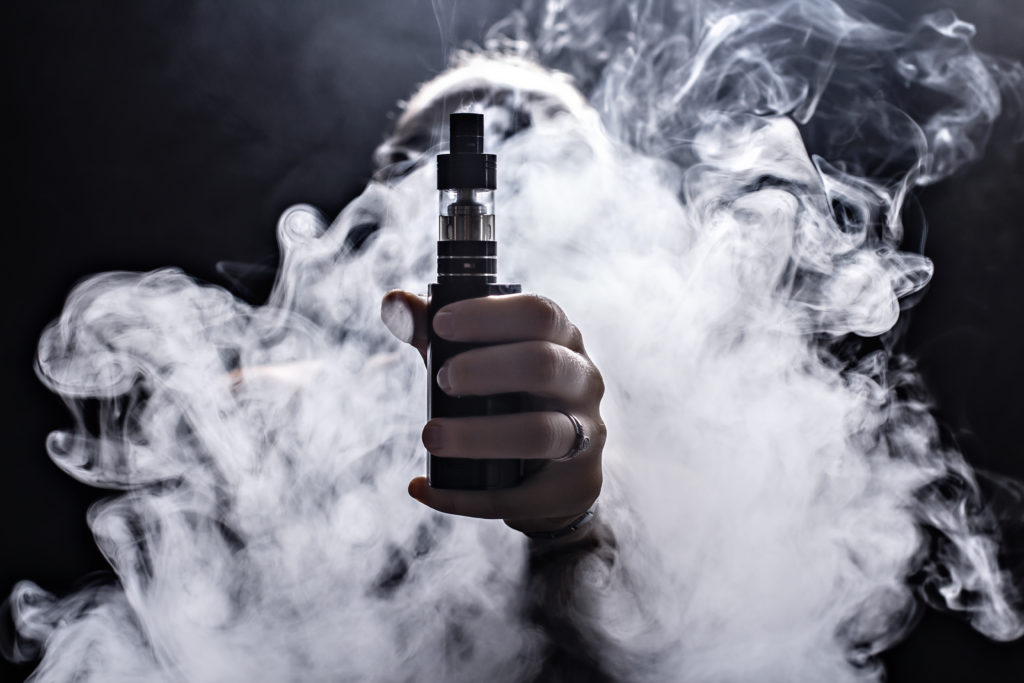
By: American Heart Association
One of the toughest challenges for those fighting the problem of vaping in schools may be getting people to realize how big the problem is in the first place.
Many teachers and parents don’t know that the number of teens using e-cigarette devices has grown rapidly in just the past several years. Adults might not even recognize the most popular vape products, which look more like something out of Silicon Valley than Marlboro Country.
Students, meanwhile, often are unaware they’re inhaling addictive, potentially dangerous chemicals.
“E-cigarette companies lie to our kids when they falsely claim their products are safe, and they deceive parents by marketing devices that look like USB drives, pens and eye liner,” said Nancy Brown, CEO of the American Heart Association (AHA). “The industry’s lies don’t just sound like Big Tobacco – the industry IS Big Tobacco.”
Vaping’s growth has been stunning.
According to the Centers for Disease Control and Prevention, nearly 21% of high school students used e-cigarettes in 2018. That was an increase of nearly 78% in just one year. Among middle school students, the growth rate was 48.5%, from 3.3% to 4.9%.
In the Greater Houston area, the AHA is tackling this epidemic head-on, by working with schools to hold dialogues and equip students to take a stand through the #QuitLying campaign. This campaign, for students by students, demands accountability by e-cigarette companies for spending millions marketing their products directly to youth claiming they are “totally safe.” The goal is to inspire action by engaging people and students online, on social media, in schools, and in communities.
Much is unknown about e-cigarette use and nicotine addiction, particularly among youth. The biological impacts on multiple organ systems including the heart, brain, lungs and blood vessels are not well understood, especially among children and adolescents who are still developing. The recent spate of vaping-related lung disease and deaths is a tragic validation of this urgent gap in knowledge.
The AHA is making a $20 million research investment, called the End the Lies Youth Vaping and Nicotine Research Initiative, which will focus urgently on the impact of vaping and nicotine use on youth, funding two or three scientists who will work intensely over the next two years to address the fact that there is no knowledge about the long-term health effects in youth. This innovative research investment, which is 40 times larger than a typical American Heart Association research grant, will fund two to three sweeping, ground-breaking projects at research institutions nationwide. The American Heart Association is already the largest non-government funder of cardiovascular research in the nation.
“The launch of this game-changing research initiative marks a sentinel moment in the fight to prevent youth vaping and protect our children from nicotine addiction,” said Robert Harrington, M.D., FAHA, president of the American Heart Association. “This research project, one of the largest ever funded by the Association, will help us answer critical questions about the health consequences of vaping and nicotine addiction, particularly in youth.”







